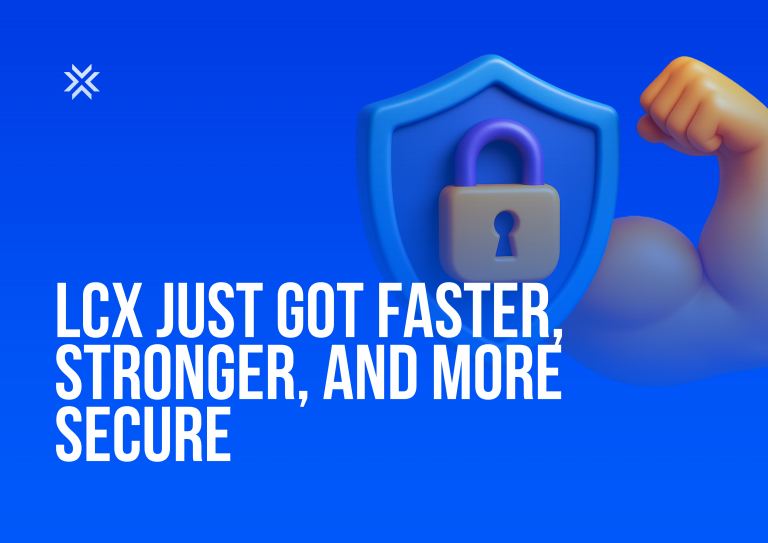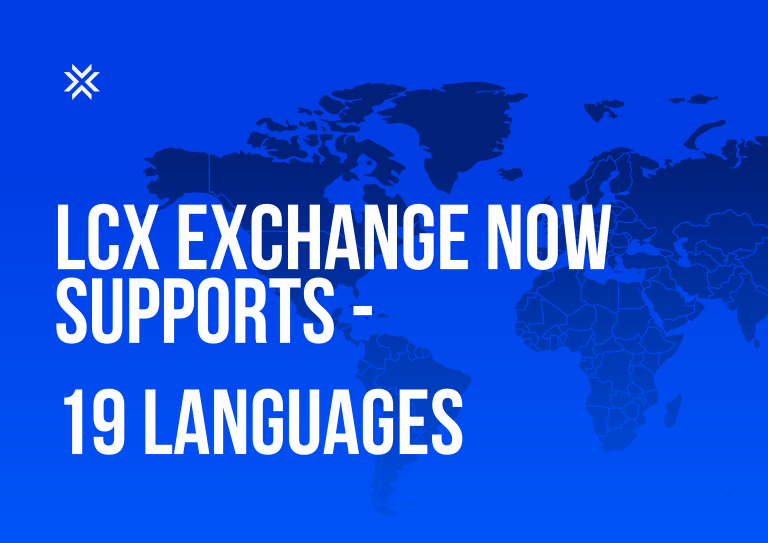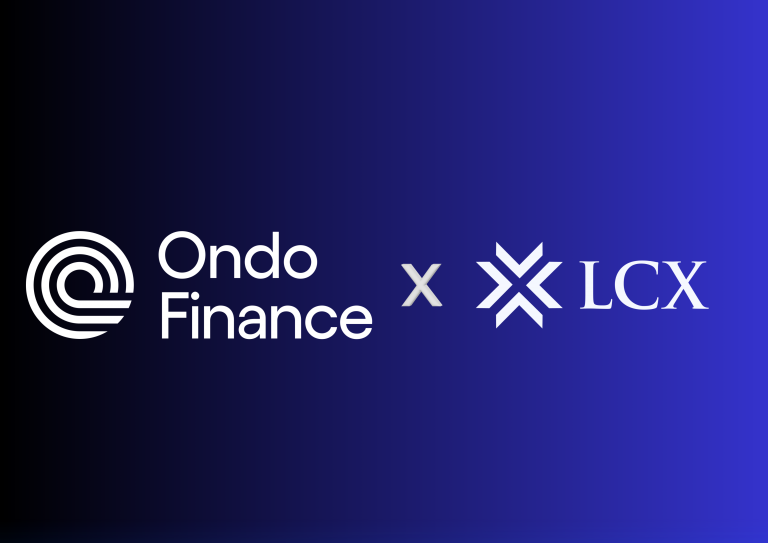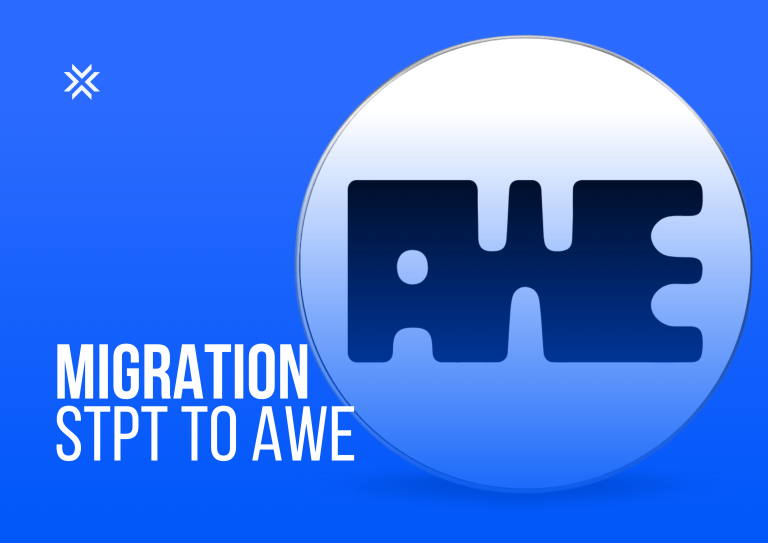The fundamental changes in the global economy that regulate & influence countries, companies, and various communities are pioneering at a striking rate and scale. The Fourth Industrial Revolution introduces us to technologies that can tackle several inefficiencies of the current system. The World Economic Forum (WEF) Centre for the Fourth Industrial Revolution identified blockchain and distributed ledger technology (DLT) to usher its way towards the next industrial revolution. This era of globalization 4.0 requires strong leadership alliance to drive the emerging technologies that are disrupting and transforming the existing industry models. Hence, WEF engages these leaders and has designed a global summit on innovation and entrepreneurship called the Annual Meeting of New Champions (AMNC).
LCX’s CEO, Mr. Monty C.M. Metzger will be attending the World Economic Forum AMNC, aka “Summer Davos”, again this year to be held between 1-3 July 2019 at Dalian, People’s Republic of China. He had participated in WEF’s 12th AMNC last year at Tianjin, the People’s Republic of China, in September.
The AMNC 2019 will focus on 4 categories:
- Fostering Agile Industry Leadership (Technology, Business, and Policy-leaders delve into re-modeling their business to acknowledge the fourth industrial revolution)
- Achieving Technology Leadership (Involves Game-changing technologies including Blockchain, DLT, AI, Key scientific discoveries and China’s innovation ecosystem)
- Sustaining Economic Leadership (Economists Policy-makers and Business leaders figure out Asia’s major economies and assess the emerging opportunities and risks)
- Promoting Responsible Leadership (Harness innovation to promote equitable and sustainable growth strategies).
LCX being a new and dynamic leader in the fin-tech and blockchain industry will engage with leaders and innovative businesses holding strong value and vision to shape the future by harnessing technology-driven disruption. It will interact with businesses and individuals working towards the development of technologies that will make digitalization and payments simpler for the whole world.
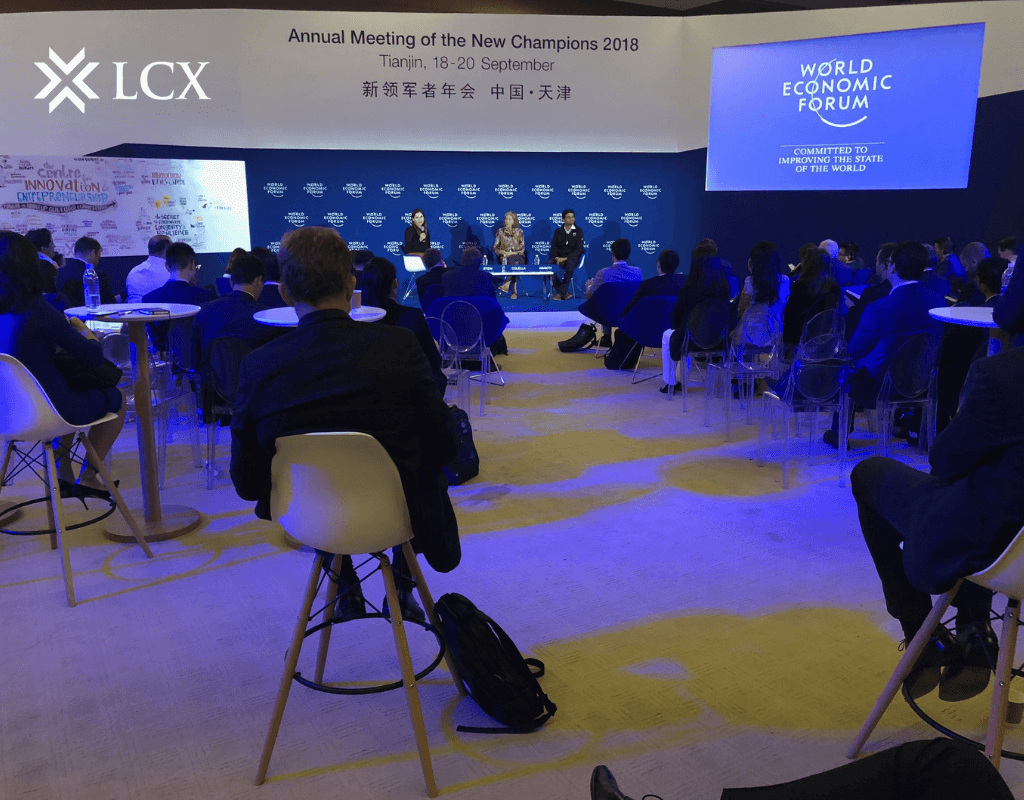
Digitalization is on its way of reshaping economic activities by stimulating new digital forms of money and payments, thereby dwindling the role of cash. The International Monetary Fund (IMF) conducted Spring Meetings 2019 on April 10 at Washington DC, with IMF’s Managing Director, Christine Lagarde moderating the panel. It focused on money and payments in the digital age. One of their principle discussion was the technological developments of DLT that allows peer-to-peer payment platforms to emerge. The Depository Trust & Clearing Corporation in October 2018 showed in their study that, DLT should be capable of supporting daily trading volumes in the US equity market of an over 100 million trades per day. This clearly challenges the traditional banks that are the providers of payment services. According to one of the panelists, “Money is just a form of data and the movement of money is just the synchronization of that data across institutions.” Digitalization has the ability to execute all of those synchronizations in an efficient way.
The application of ledger technologies in many different ways has been tremendous.
“We are at scale today when we are talking about 300 billion dollars a day on the wholesale and around 75 million dollars Euro on the consumer P2P, and 2 trillion for customers”, says another panelist.
“Cryptographic proof is a much better way for society to organize important information and need not rely on any corruptible intermediaries. This essentially reflects that we believe in the ability to prove things with mathematics. If we can trust cryptographic proof, we can build radically more private, resilient, secure and self-sovereign forms of financial transactions. This is very powerful and is a core part of the decentralization movement. Crypto and blockchain are not just about digital payments, it’s about a fundamentally new infrastructure for record-keeping of important information and providing a more decentralized and private infrastructure, addressing huge issues that have emerged in the first generation of the Internet.” says Jeremy Allaire, CEO of Circle.
Thus, LCX is getting actively involved and is meeting with industry leaders, thought leaders, influential banks and finance professionals. With the ongoing shift of the financial sector, regulators repress on shadow banking and banks revamp themselves as tech companies, LCX will closely work on how both old and new actors revolutionize the future of the finance industry. It will witness the agenda of near-term growth and external shocks, the growing role of derivative markets and cross-border financial regulations. We are effectively moving forward to perceive the golden age of blockchain based technologies and cryptocurrencies.


